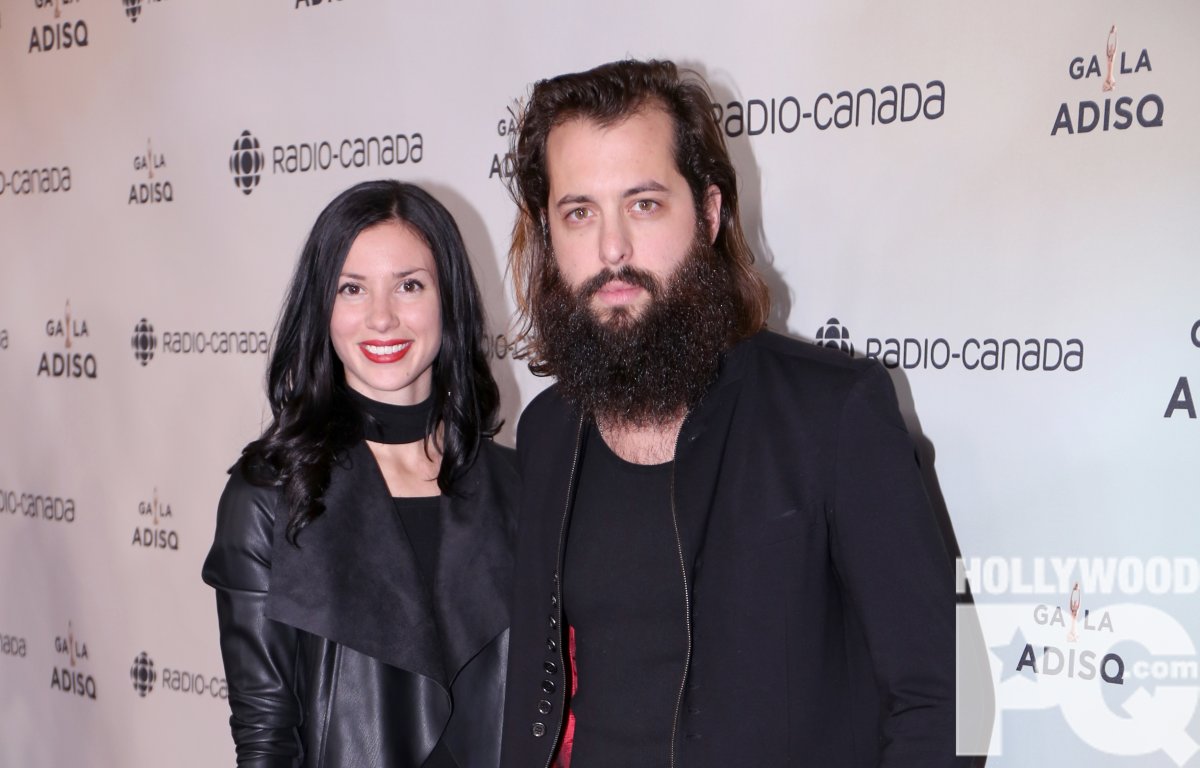

The Native American youth really are on the front line of protests. I was watching everything that was going on with the DAPL protest - I saw that a lot of the water protectors are teenagers. There’s a cultural immediacy to a lot of my work, and usually it’s because I see something and feel like we should be talking about it more. Early on in the book, there’s a pipeline protest. a green-energy mogul whose father owns an oil company. It centers on a Yavapai Apache woman, a Native American woman from an Apache tribe based in western Arizona.

What is the All the King’s Men duet about? It’s a cop-out to say, “This book won because it’s so exceptional.” What I want people to hear is we had so many exceptional books written by black women before that never got in this space because of systemic bias. But also, I want to be very clear with people that I don’t feel I am exceptional. You want to continue to do that great work. One of them came to me and said, “I didn’t want to die before I see a black president, and I didn’t want to die before I see a black woman win the RITA, and you gave that to me tonight.” It’s just humbling. Authors who have been in the game for 20, 25 years coming up to me and saying thank you - if you’re not humbled by that, there’s something wrong with you. What did shift for me was understanding the importance of that, and the breadth of it. All of these people who have been at the edges of traditional and mainstream romance, I write to put them at the center. There is something very specific that’s propelling me to tell a story, and a theme that goes through most of my work is that I am all about centering marginalized people. KENNEDY RYAN: When I write, I write on a mission.

Has your perspective changed at all now that you’ve had some time to marinate in the victory? ENTERTAINMENT WEEKLY: It’s been a few months since your historic RITA win.


 0 kommentar(er)
0 kommentar(er)
